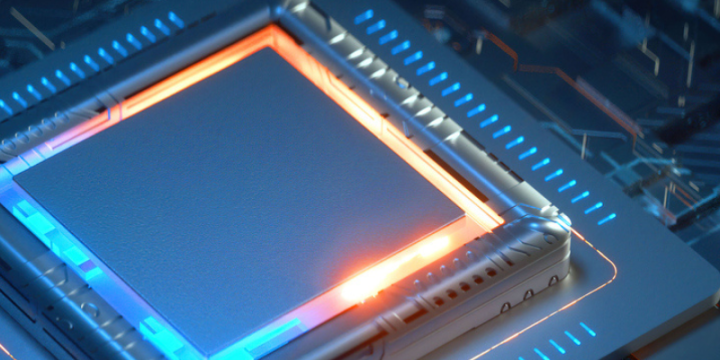In the podcast series that we make in collaboration with IO+: 'The people of Holland High Tech', you get to know the people of Holland High Tech (the top sector High Tech Systems and Materials). Quantum, sustainable mobility. High tech plays an increasingly important role in our daily lives. Today we interview Pim Grol. He is the director of RAI Automotive Industry NL, the organization that represents the interests of the Dutch automotive industry. He is also a program council member of the innovation domain Sustainable Mobility at Holland High Tech. According to Grol, it is high time that we create test tracks for autonomous transport in the Netherlands.
Podcast Pim Grol, Director RAI Automotive
Listen to the podcast via Spotify (Dutch)
How would you describe yourself in one word?
“If I had to choose one, I would go for connector. This connecting role is also very evident in my work life. In my daily life, I deal with a wide range of interests within the automotive industry — from chip developers such as NXP to truck manufacturers such as DAF. Everyone has their own perspective and interests. As a connector, I ensure that everyone is heard.”
Can you also tell us something about your role as a program council member of the Sustainable Mobility innovation domain?
“As a program council member, I am not only involved in the automotive sector, but also in the aerospace sector. What I like about that is that we can learn a lot from each other and strengthen each other. We can apply the knowledge that the aerospace sector has, for example about light and sustainable materials, in the automotive sector.”
What exciting things are happening in the automotive sector?
“Major steps are currently being taken in the field of materials. Where sheet steel was mainly used in the past, we later saw the rise of aluminium. Carbon has now also made its entrance, which is not only extremely strong, but also much lighter and therefore more efficient and sustainable than steel or aluminium.
A lot of progress is also being made in the field of autonomous transport. More and more people can already use it in their cars. Although it will certainly take a number of years before we are really at the point where vehicles can drive autonomously on public roads. It is time that we create test tracks in the Netherlands. We cannot continue to do everything on closed terrain or in simulations. Countries around us, such as Germany and France, are already taking steps in this direction. These countries already have tracks on public roads - of course with strict conditions. As a trade association, we are continuously in discussions with the government.
Concrete plans are also already being made. In the European Commission's Action Plan, for example, you can see that a lot of money is being made available for this.”
What are we good at in the Netherlands when it comes to automotive?
“One in three large trucks in Europe is produced in the Netherlands. This sector is therefore of great value to our industry. The Netherlands also makes a major contribution when it comes to the electrification of trucks.”
What challenges do we face when it comes to electric trucks?
“Manufacturers such as DAF can build great electric trucks, but the numbers are still limited: of the tens of thousands we need in Europe by 2035, fewer than 1,500 are currently on the road. The parties involved are facing challenges. Logistics companies want to switch, but are encountering infrastructure problems. Think, for example, of an overcrowded power grid. Nevertheless, it is important that more fast-charging plazas are built along important transport corridors, such as the A2. It is crucial that governments participate in this.”
Do you have a message for the reader?
"I would like to draw attention to the new generation. Specifically, the important role that start-ups play in the sector. Many new things are happening in the automotive industry. Together we can achieve a great deal."





